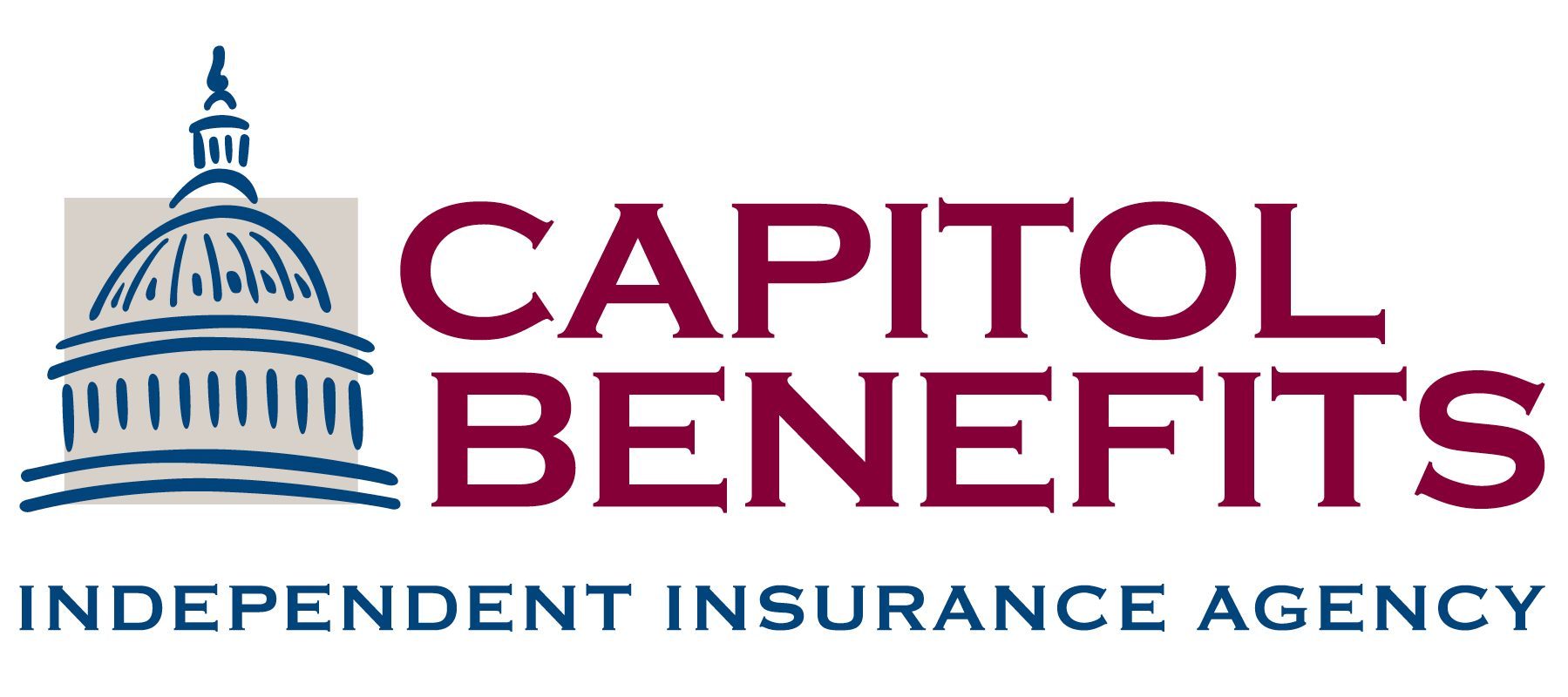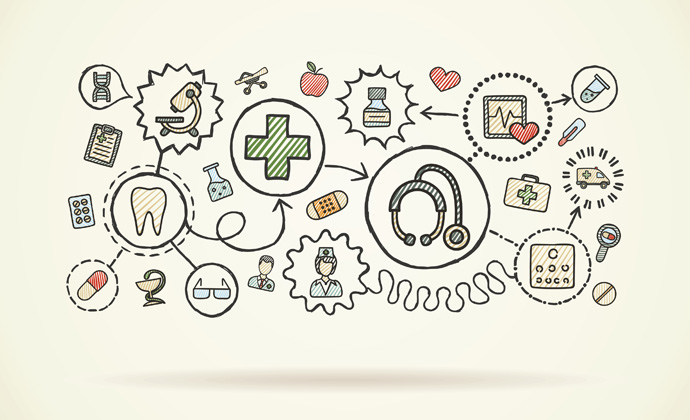When you think about retirement, what’s the first thing that comes to mind? If it’s math, you’re not alone. Percentages, rates, yields, earnings, and returns are words you’ve probably heard so often you don’t even know their meaning anymore. What may not come to mind is health insurance. So, why do you need to think about healthcare and retirement? It could take out a chunk of your 401(k), and if you aren’t covered during a health crisis, you could owe big money.
What Health Costs Could Impact Retirees?
How high could your health costs be? According to Fidelity, the average retired couple faces upwards of $295,000 in health-related expenses. This doesn’t even take long-term care costs into account. These are just the expected costs, don’t be caught off guard by healthcare expenses after retirement you aren’t aware of.
The biggest example of this is Medicare. Some people don’t realize no matter how old you are at retirement, you arent’ eligible for Medicare until you turn 65. So, if retiring earlier (say at 55), you will need marketplace insurance for 10 years at a rate that will likely be 3-4 times more expensive.
HSAs Can Assist With Costs
An HSA (or health savings account) can help manage some of these costs. An HSA is a tax-advantaged member-owned account that lets you save pre-tax dollars for future qualified medical expenses. An underused plus of an HSA is that funds can be invested (like a 401k), gaining compound interest for a great resource in the event of a medical crisis.
Getting Your Medicare Coverage Right
As mentioned earlier, Medicare is a good option for slashing healthcare costs. Unfortunately, it’s not a one-stop solution for everyone, so it’s important to know what parts you should sign up for.
In general, Part A covers:
- Inpatient care in a hospital
- Skilled nursing facility care
- Nursing home care (inpatient care in a skilled nursing facility that’s not custodial or long-term care)
- Hospice care
- Home health care
Part B covers 2 types of services
- Medically necessary services: Services or supplies that are needed to diagnose or treat your medical condition and that meet accepted standards of medical practice.
- Preventive services: Health care to prevent illness (like the flu) or detect it at an early stage, when treatment is most likely to work best.


